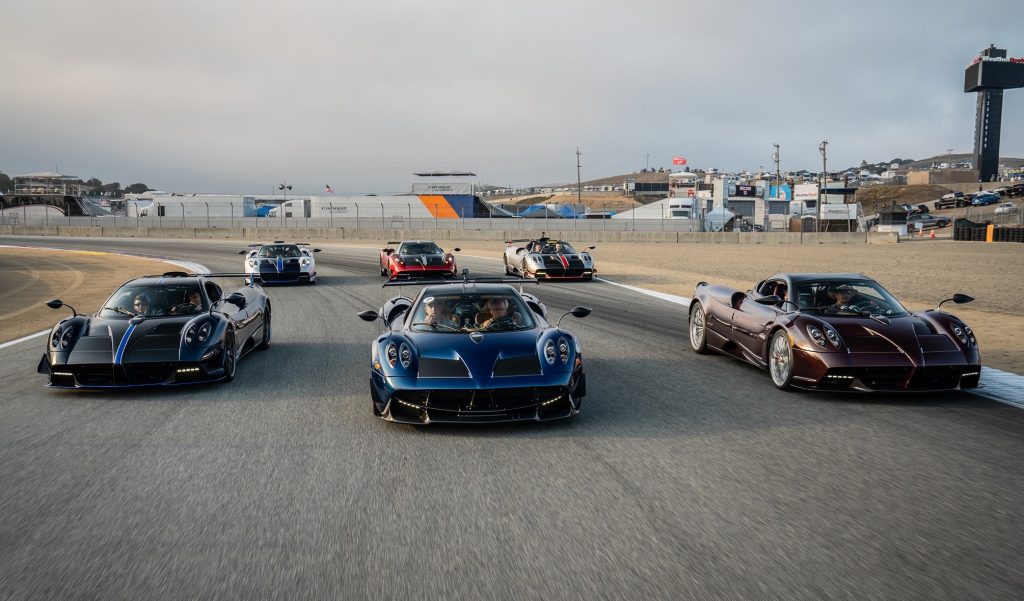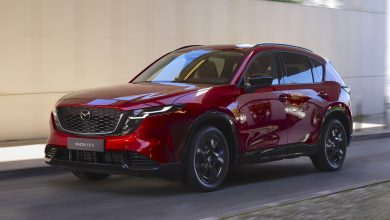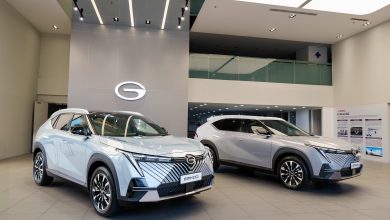Pagani’s Conclusion To Its Own EV Study: More V12s
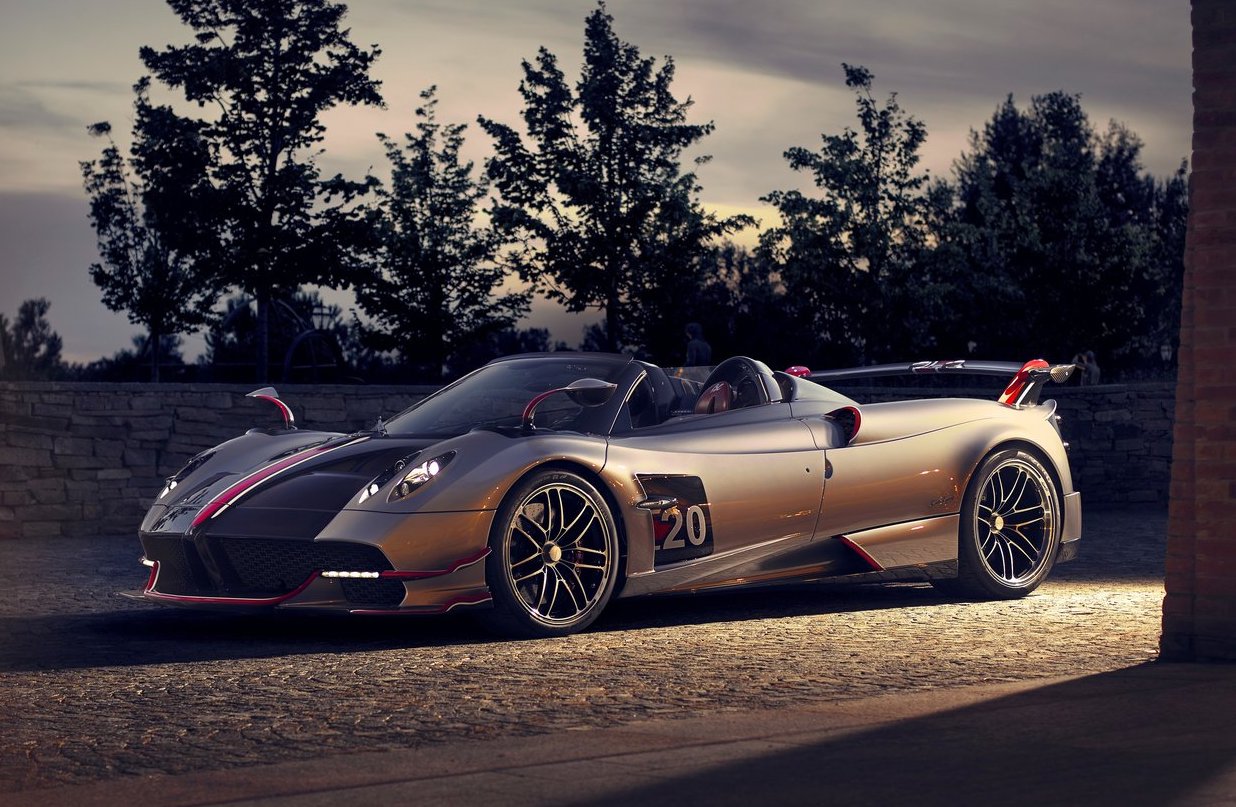
Leave it to Pagani to keep the V12 flame alive for a few years to come.
While the future of the automobile is looking to be decidedly electric, there will nevertheless be a few holdouts who still believe in the internal combustion engine. Like Pagani for instance, which recently announced that its future lineup will still be packing a V12 punch.
What more is that this announcement of Pagani to be soldiering on with V12s came after concluding its own four-year study into the subject of EVs. A study that apparently concluded for EVs to be too heavy and lack emotion, which in turn means it is unable to deliver the signature Pagani experience.
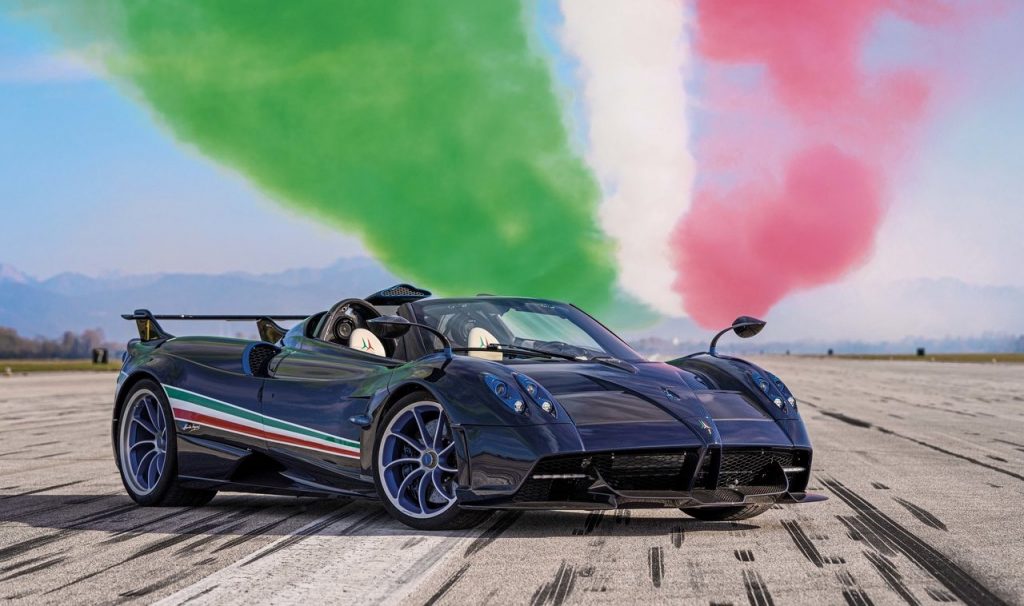
Speaking to Autocar recently, founder Horacio Pagani explained that a team was formed within the company in 2018 to research the viability for global homologation of an EV. In the intervening four years however, the boutique hypercar manufacturer seemingly ‘never found interest’ in the electric supercar market.
In discussing the technical reasons to be sticking with the V12s at present too, Horacio further elaborated that his ideal all-electric Pagani that weighs less than 1,300 kg is currently an impossible task with the available technology. “The idea should be to make a lightweight car, but this is the biggest challenge,” Pagani added.
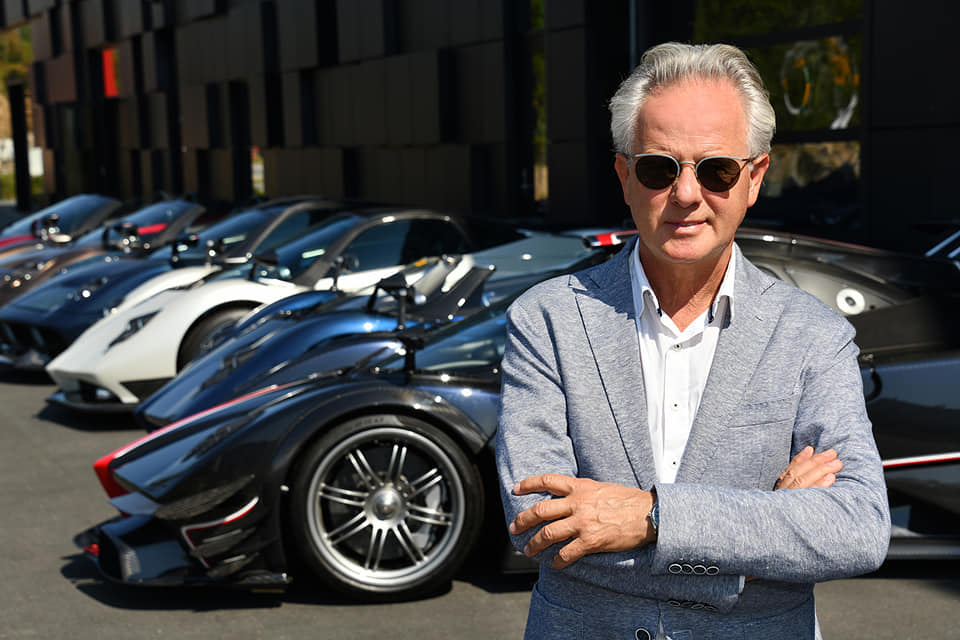
Furthermore, Horacio isn’t apparently convinced with the performance of EVs. Blindingly fast they may be, but the boss man thinks that electric drive alone can’t deliver the emotional impact that one should expect with one of his products.
“I own a Tesla to understand EVs, and it’s not necessary to have such high performance in them,” he said. “The challenge is to make an EV that gives good emotion like a normal ICE. Pagani isn’t going to do something just with good performance, as you can do this [now], but to give emotion to the driver.”
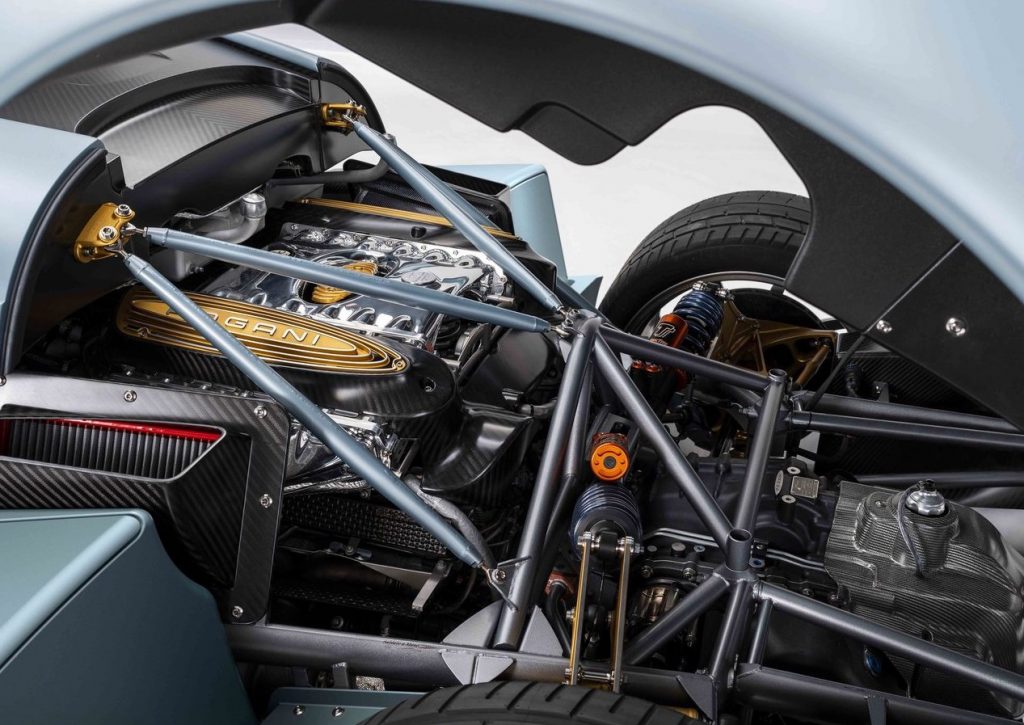
As for the inevitable topic of environmental impact that comes with this decision to stick with V12s, Pagani believes that the impact of such small scale supercars is negligible from an environmental standpoint. “At the moment, 90 percent of energy is produced without renewables,” Pagani said. “It’s silly to think that only a few supercars [in the world] with ICEs can have a negative impact on the climate when 90 percent of energy is produced in a bad way.”
And given that the European Union has added a carve-out for automakers registering less than 1,000 vehicles a year to continue making internal combustion vehicles until 2035, Pagani still has plenty of time to continue letting those V12s sing. Though with the as-yet-unnamed Huayra successor already sold out long before even officially being unveiled, those who want a slice of that petrol-drinking Pagani pie might have to consider getting their chequebooks out sooner rather than later.
